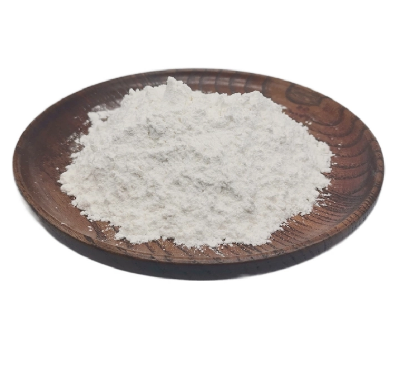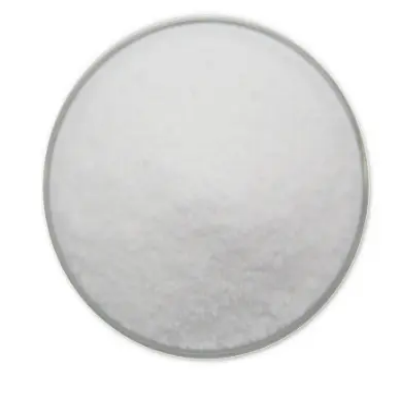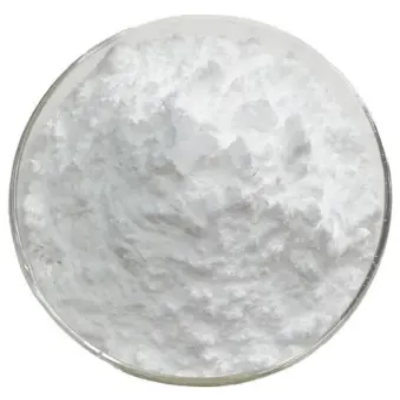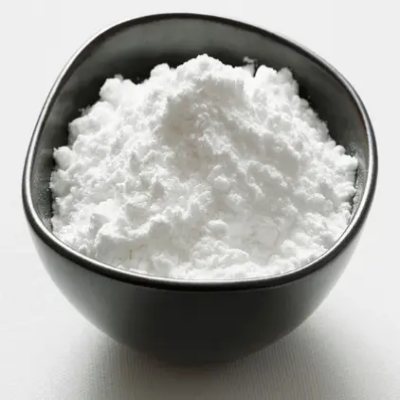L-Lactate dehydrogenase CAS:9001-60-9
The effect of L-Lactate dehydrogenase (LDH) includes its role in cellular energy metabolism and its involvement in the conversion of pyruvate to lactate. LDH helps to maintain energy balance in cells by facilitating the conversion of pyruvate, a byproduct of glucose metabolism, into lactate. This process, known as anaerobic glycolysis, occurs when oxygen supply is limited.
LDH also plays a critical role in lactate recycling. During intense exercise or when oxygen availability is low, lactate can accumulate in tissues. LDH helps to recycle lactate by converting it back to pyruvate, which can then be used as a substrate for energy production or converted to glucose through gluconeogenesis. This lactate recycling mechanism allows cells to efficiently utilize lactate as an energy source and helps to prevent the buildup of lactate, which can be detrimental to cellular function.
LDH has several applications in the medical field. One of its major applications is as a diagnostic marker for certain diseases. Elevated levels of LDH in the blood can indicate tissue damage or the presence of diseases such as liver damage, myocardial infarction, and certain types of cancer. LDH levels are frequently monitored in clinical settings to assess disease progression and response to treatment.

| Composition | N.A. |
| Assay | 99% |
| Appearance | White powder |
| CAS No. | 9001-60-9 |
| Packing | Small and bulk |
| Shelf Life | 2 years |
| Storage | Store in cool and dry area |
| Certification | ISO. |









